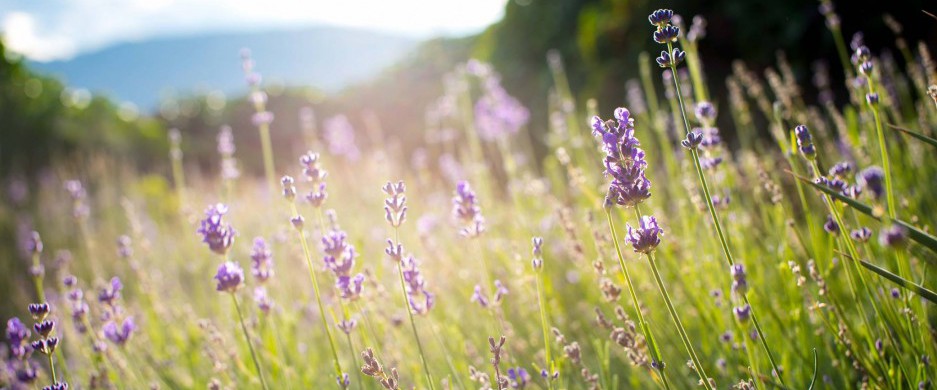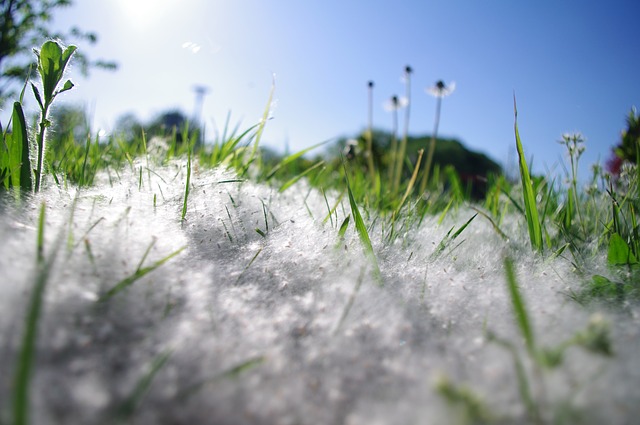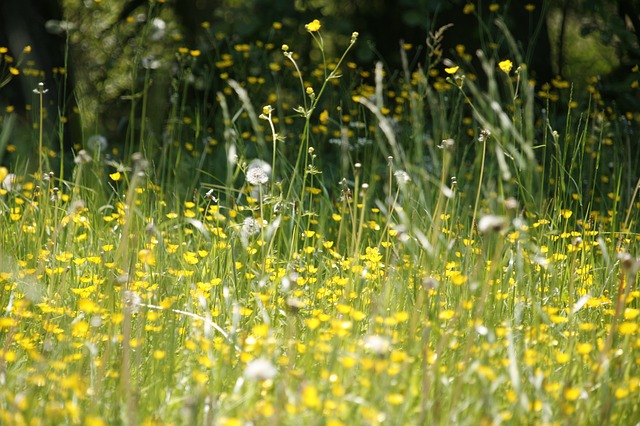The Human Heart
Love & Heartbreak, Aspirin & Turmeric, Cholesterol & Statins

I have recently been reminded about the importance of taking care of this vital organ as I have watched someone close to me struggle with heart failure, especially as they still have a lot of life left that they want to live. Most often a diagnosis like this can come as a huge and unwelcome surprise and it can seem like a mystery as to where it came from. A heart attack or a stroke man be an even bigger shock – and a strong reminder that we only get one heart and if it stops working there are often no second chances available.
The heart makes its very first beat when an unborn baby – still only the size of sesame seed – has just been implanted into the uterine wall at about 4-5 weeks gestation. And it will continue to faithfully beat without rest until that person’s final breath. The heart muscles will work harder over our lifetime than any other muscle in our bodies. It is easy to take this for granted since we have never had to give it a thought. That is why heart disease is often referred to as a silent killer, because if a moment comes when we do give it a thought, it is often already too late.
"The human heart has hidden treasures In secret kept, in silence sealed The thoughts, the hopes, the dreams, the pleasures Whose charms were broken if revealed." - Charlotte Bronte
Heart disease and stroke are the 2nd and 3rd leading cause of death in Canada, just behind cancer, and the 1st leading cause in the United States (1). That looks like one person dying every 7 minutes. Every year this costs the Canadian economy more than 20.9 billion dollars.
The Heart and Stroke Foundation themselves tell us that healthy behaviours can prevent up to 80% of premature heart disease and stroke (2)! What do these behaviours include? Maintaining 5 or more of the following:
- not smoking
- maintaining a healthy weight
- regular physical activity
- eating a healthy diet
- reducing stress
- and keeping high blood pressure, diabetes and cholesterol levels in control.
The Heart and Stroke Foundation has also found that 9 out of 10 Canadians have at least one risk factor for heart disease and stroke. Do you have any of them? They include eating less than 5 servings of vegetables and fruit per day, physical inactivity, smoking, overweight or obesity, high blood pressure, diabetes, and stress.
“The ever-increasing pace that characterizes our modern way of life is one of the worst poisons for our heart. Even though, for the most part, individual productivity has not exceeded that of former times, it has become the custom to cram too many activities, especially those connected with our job, into a short space of time. Related to this, of course, is the shortened working week, which has become so popular. The resulting free time is hardly ever used in a wholesome recreational or relaxing way such as pursuing a hobby, say working on an arts and crafts project, listening to good music, acquiring more knowledge through a study course or some other favourite subject or activity. Instead, we continue at the same hectic pace we use for work and seem to find enjoyment at weekends in the midst of the mad world of crowded motorways. No wonder the result is a state of complete exhaustion instead of recuperation from the week’s work. Driving at high speed creates anxiety and inner tension and affects the heart like a poison. Not only is the speed of the drive harmful, but the exhaust fumes are equally dangerous to the heart and blood vessels, particularly the fumes caused by leaded petrol. How much more sensible it would be to take a short leisurely ride to a nearby forest or the hills, get out of the car and go for a relaxing walk or hike. This kind of exercise would be invigorating for the blood vessels and, of course, the heart. The time spent in a clean environment would then permit us to return to work and our duties on Monday morning refreshed and relaxed, instead of tense and irritable as is so often the case today, when we misuse our leisure.” –A. Vogel
The recommendations from the Heart and Stroke Foundation are a great place to start, but let’s get a little more specific! Here are some great lifestyle changes that will do wonders for the health of our hearts.
General
- Slow down
- Walk in nature
- Take time for things you enjoy
- Take time for what is important
- Make time for leisure
- Implement a regular exercise schedule
- Avoid overly strenuous athletic pursuits
- Breath deep and slow
- Walk barefoot outside (3)
- Take care of your teeth (4)
Nutrition
- Eat a variety of whole foods (organic, local, grass fed)
- Increase fiber (legumes, bran, nuts, seeds, psyllium seed husk, complex carbohydrates, fruits and vegetables)
- Increase bright fruit (eg. berries) and vegetables and dark leafy greens
- Increase healthy fats including omega 3
- Increase filtered pure water
- Reduce sugar (5), carbohydrates, alcohol, & caffeine
- Increase “ORAC” antioxidant-rich foods
- Ex. Cloves, oregano, rosemary, thyme, cinnamon, turmeric, parsley, basil, cumin, pecans, ginger root, walnuts, hazelnuts, blueberries, plums, blackberries, onions, cocoa/dark chocolate
- Eat 4-6 celery stalks per day to lower blood pressure (contain 3-n-butyl phthalide)
- Eat 1 clove of fresh garlic per day
Specifics about Food Preparation
- Refrigerate butter, dairy products, meats, vegetable oils, & nuts in airtight containers
- Minimize consumption of foods cooked at high temperatures
- Avoid cooking with sunflower, safflower, corn oil, canola oil, butter or lard
- Boil, poach, or stew more often than you fry, broil or roast
- Avoid eating oxidized cholesterol products:
- Butter left at room temp
- Dried egg products (pancake mixes, bakery products, cake mix, salad dressing, noodles)
- Broken egg yolk during cooking
- Powdered milk
- Grated cheeses
- French fries
- Processed meats
- Butter oil
- Heated butter, tallow, lard
Specific Heart Nutrients
There are many nutrients that can be beneficial to aiding your heart to work optimally, depending on your unique circumstances: for example, L-carnitine, EFAs, CoQ10, Vitamin K, Magnesium, Potassium, Selenium, ALA, Resveratrol, L-arginine, and Taurine.
There are also many medicinal herbs that can strengthen the heart such as crataegus spp., lycopus virginicus, eleutherococcus senticosus, cactus grandiflora, avena sativa, convallaria majalis, vaccinium myrtillus, tilia platyphyllos, and salvia miltiorrhiza.
In addition, there are treatment options that include homeopathic remedies, acupuncture therapy, or hydrotherapy. I say this just to let people know that there are plenty of options when it comes to heart health that do not include drug therapies or surgeries. But please see your healthcare practitioner for the specific dosages, formulas and treatments that will be right for you.
“Nevertheless, no matter how good the natural remedy, the cure will not be lasting unless we stop subjecting the heart to harmful influences. Taking great care of this vital organ should be our first priority.” -A. Vogel
A Note on Aspirin
It is no longer recommended by the FDA to use aspirin as preventative medicine since the risks of using it daily are higher than the benefits. Instead, I would recommend a warm cup of Golden Turmeric Milk before bed!
“However, after carefully examining scientific data from major studies, FDA has concluded that the data do not support the use of aspirin as a preventive medication by people who have not had a heart attack, stroke or cardiovascular problems, a use that is called “primary prevention.” In such people, the benefit has not been established but risks—such as dangerous bleeding into the brain or stomach—are still present” (6).
A Note on Statins
A modest amount of saturated fat and cholesterol are essential components of our diet and do not increase risk of heart related deaths. Cholesterol is in every cell in your body, the precursor for sex hormones, helps to digest fat, is involved in the production of vitamin D, insulates nerve cells, and is important for brain health.
Statins are used to decrease cholesterol but also deplete CoQ10, Vit K2, and selenium which are essential for heart function (7)! Research is now showing that statins do more harm than good (8). In fact, something as simple as the Mediterranean diet may decrease the risk of cardiovascular disease more than statins do (9).

This may be a lot of information to digest and my intention is definitely not to add any additional stress to your life. But perhaps there is something from this article that will stick with you. To be lasting, lifestyle changes must happen one at a time, and gradually. And when they do happen, we are then able to introduce healthy habits to our children that they can then carry forward in their lives and pass on to their future children. So all I ask today is for you to pick one thing you might be able to implement into your life that is new. What will it be?

Live, Love, Laugh, Let go,
Forgive, Breath, Smile, Grow,
Look, Listen, Smell, Go slow.
~






